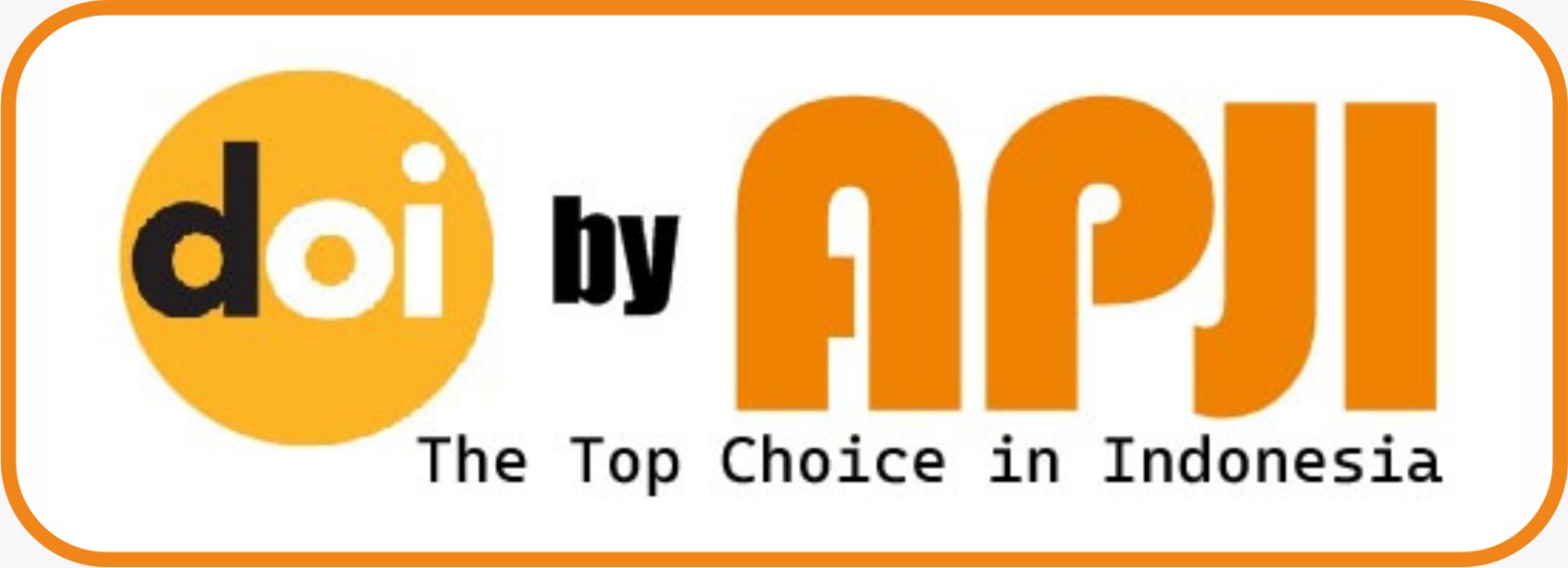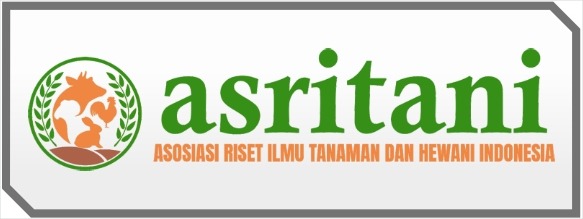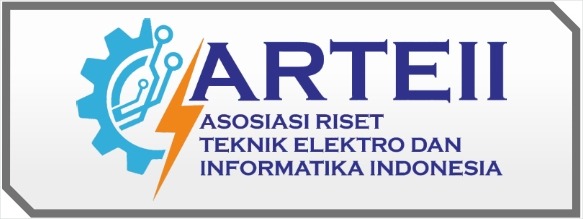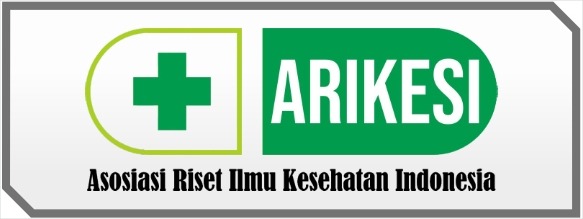Survival Ethics and Lack of Institutional Oversight: How Economic and Familial Pressures Drive Power Abuse in the Indonesian Police
DOI:
https://doi.org/10.69930/jsi.v2i3.410Keywords:
Police misconduct, survival ethics, institutional oversight, economic hardship, familial obligationAbstract
Power abuse within the Indonesian National Police (Polri) remains a chronic concern, often attributed to systemic corruption. However, less attention has been paid to the everyday socioeconomic realities that shape officers’ moral decisions. This study investigates how economic hardship and familial obligations influence unethical conduct among police officers, including bribery, extortion, and misuse of authority. Adopting a critical qualitative approach, data were collected through in-depth interviews, field observations, and document analysis involving 18 informants, including officers, family members, and legal practitioners. Findings reveal that officers frequently operate under what may be termed “survival ethics,” where moral compromise is justified as a response to unmet financial and familial demands. A lack of effective institutional oversight and weak internal control mechanisms further normalize misconduct, blurring the line between necessity and deviance. Officers expressed guilt, resignation, and moral fatigue, often perceiving corruption as a rational, if reluctant, coping mechanism. These insights suggest that addressing police misconduct requires more than punitive reform; it demands structural improvements in welfare systems, ethical leadership, and community oversight. By situating misconduct at the intersection of economic vulnerability and institutional weaknesses, this study adds a critical perspective to global discourses on police ethics in developing contexts.






















